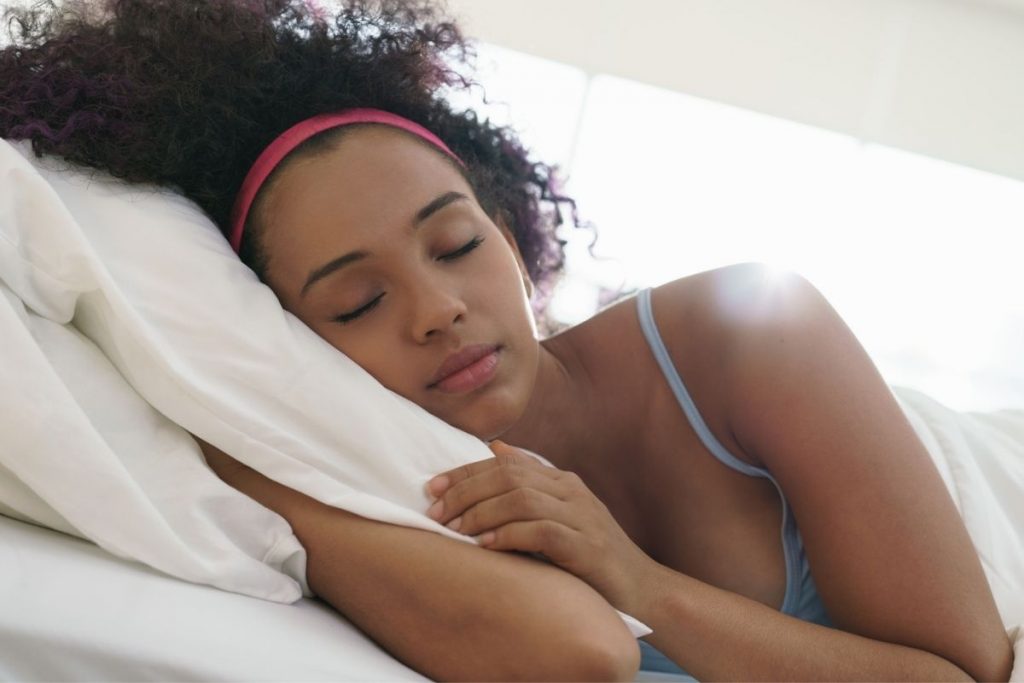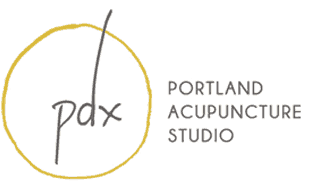
Need Better Sleep?
We’ve all had the occasional night of poor sleep. Maybe you wake up in the middle of the night and you can’t get your brain to stop spinning about a work situation. Maybe you can’t get to sleep because you are too excited about your upcoming vacation. Maybe you wake up at 5 am and your body decides it’s time to get up. The occasional bad night isn’t likely to harm your health, but chronic poor sleep might. For most people, that means getting less than 7 hours of sleep per night on a regular basis.
Why Is Sleep So Important?
Sleep plays a critical role in many systems in our bodies: Brain function, metabolism and appetite regulation, immune function, hormones, and cardiovascular function. Many people who are chronically short on sleep have issues with brain fog, poor memory and focus, depressed or anxious mood, and hormone imbalances. In the long run, sleep loss is associated with obesity, diabetes, and cardiovascular disease. At Portland Acupuncture Studio, poor sleep is one factor that we’ve seen interfere with fertility and menstrual cycle health, so we work with everyone to ensure they are getting good sleep.
What Can You Do on Your Own?
Work on your sleep hygiene. There are a variety of suggestions below. Start with small changes and look for long-term change.
- Set a sleep schedule: Go to bed at the same time every night and get up at the same time every morning.
- Follow a “going to bed” routine. Allow for about 30 mins to wind down. Decide on the order of the steps you want to take to get ready for sleep, including dimming the lights, turning off your phone, putting on pajamas, brushing your teeth, using a relaxation or meditation technique, etc.
- Architect your environment. Try to block out light from your sleeping space, drown out noise with a white noise machine or earplugs, take electronics out of your bedroom, charge your phone in another room overnight (use an actual alarm clock instead of your phone if you need one).
- Create healthy sleep-aiding habits: get out in the sunshine during the day (unless you live in Alaska in the middle of winter!), get a moderate amount of exercise, reduce your alcohol intake, stop eating a couple hours before bedtime.
What Can Acupuncture Do to Help You Get Better Sleep?
For millennia, acupuncture has been used to help people with a wide variety of health issues, including poor sleep. More recently, studies have shown the positive effects of acupuncture when comparing it to sleep medication use.1 There’s also a meta-analysis of 46 randomized trials indicating that acupuncture can be a helpful technique for improving sleep2.
While we don’t know all the mechanisms at play in acupuncture for improved sleep, we do know that acupuncture reduces stress and stress hormones, and increases parasympathetic (rest and digest) activity. If you are struggling to sleep, do yourself a favor and check out acupuncture. It just may be the solution to your sleep woes and can set you up for better long-term health and well-being.
Learn more and schedule an appointment
At Portland Acupuncture Studio, we have three highly skilled acupuncturists ready to help you get pregnant. Contact us today to see how we can support you both on the path to building your family. We are here to help you succeed.
Established patients can schedule online, patients who haven’t seen us at Kwan Yin Healing Center call (503) 701-8766, or email us to schedule your appointment.
References
1) Tu JH, Chung WC, Yang CY, Tzeng DS. A comparison between acupuncture versus zolpidem in the treatment of primary insomnia. Asian J Psychiatr. 2012 Sep;5(3):231-5. doi: 10.1016/j.ajp.2011.12.003. Epub 2012 Jan 23. PMID: 22981051.
2) Cao H, Pan X, Li H, Liu J. Acupuncture for treatment of insomnia: a systematic review of randomized controlled trials. J Altern Complement Med. 2009;15(11):1171-1186. doi:10.1089/acm.2009.0041




